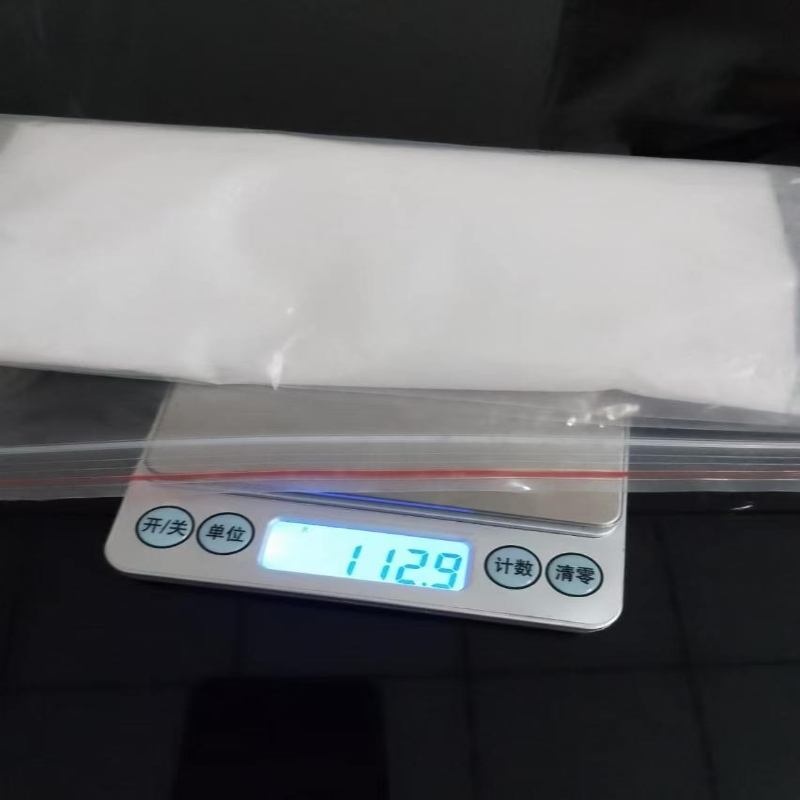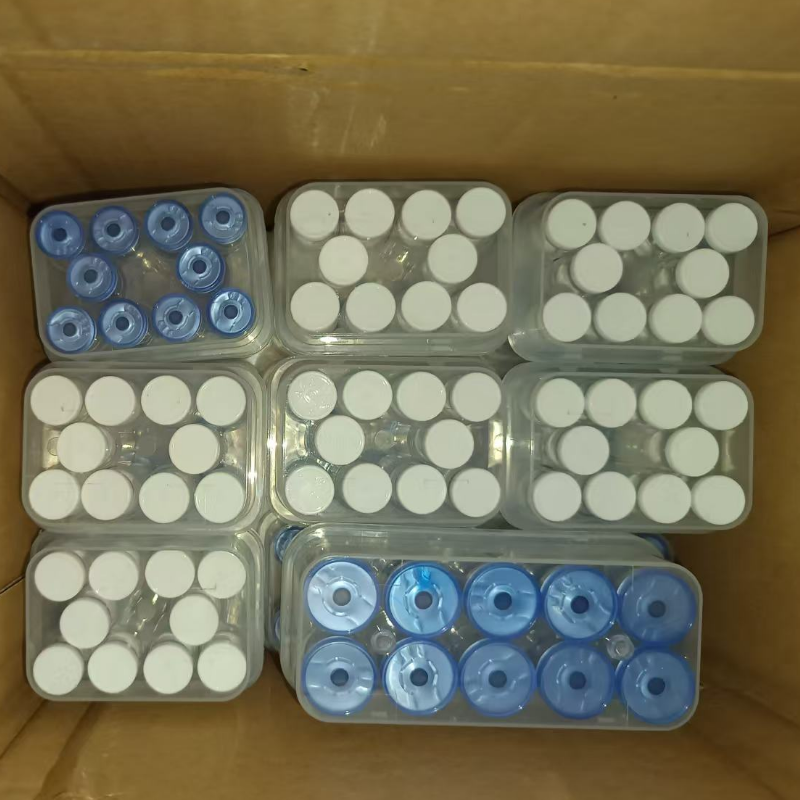-
Categories
-
Pharmaceutical Intermediates
-
Active Pharmaceutical Ingredients
-
Food Additives
- Industrial Coatings
- Agrochemicals
- Dyes and Pigments
- Surfactant
- Flavors and Fragrances
- Chemical Reagents
- Catalyst and Auxiliary
- Natural Products
- Inorganic Chemistry
-
Organic Chemistry
-
Biochemical Engineering
- Analytical Chemistry
-
Cosmetic Ingredient
- Water Treatment Chemical
-
Pharmaceutical Intermediates
Promotion
ECHEMI Mall
Wholesale
Weekly Price
Exhibition
News
-
Trade Service
At present, the combination of Navuliyu monoanti-Ipi monoanti and vascular endodermal growth factor (VEGF) inhibitor immunotherapy is a first-line treatment for metastatic renal cell carcinoma (mRCC).
, however, in the evolving mRCC treatment landscape, the evidence for head-to-head comparisons between this treatment strategy is still limited.
at the 2021 American Society of Clinical Oncology (ASCO) Urological System (GU) Cancer Symposium, Dr. Chun Gan and colleagues presented the results of the mrCC first-line immuno-oncology joint therapy from the International MRCC Database Alliance (IMDC) database.
In this study in the IMDC database, the researchers compared patients who received a combination of first-line immunotherapy/VEGF inhibitors (Pabolijudone anti-axitinib, afadone anti-gasitini and Navuliyu monoantiga-gabodinib) with those who received Navuliyu monoanti-Ipida.
results were the total response rate, duration of treatment, treatment interval and total lifetime of patients with MRCC.
results were analyzed in 723 patients, of whom 571 were treated with Navuliyu monoanti-Ipi monoanti, and 152 patients were treated with immunotherapy/VEGF inhibitors.
compared with the immunotherapy/VEGF inhibitor group, the proportion of patients with navuliyu monoanti-ipi monoantigen was 9% to 33%, 58% to 53% and 33% to 14%, respectively.
in the medium/poor risk group, the objective response rate (37% vs 59%) and the medium treatment time (4.6 vs 15.0 months) were lower and shorter than in the combined immunotherapy/VEGF inhibitor group.
but there was no difference in the time and total lifetime between the two groups of patients for the next treatment.
after adjusting the IMDC standard, the death risk ratio of the combination of Navuliyu monoanti-Ipi monoanti and immunotherapy/VEGF inhibitors was 0.92 (95% CI-0.61-1.40).
the poor results of the above treatment and whether there is metastasis are independent of the total lifetime difference between different treatment options.
To this end, Dr. Gan provided the following summary statement for this report: 1) Although the immunotherapy/VEGF inhibitor combination has a longer duration of treatment and a higher objective response rate, in patients with low-effects in IMDC efficacy, Narvulyu monoanti-Ipi-anti-immune and immunotherapy/VEGF inhibition There was no difference between the total survival of the patient and the interval between the next treatment, 2) severe immuno-related adverse events affected the total survival of the patient and the interval between the next treatment, and 3) the combination of Narvulyu monoanti-Ipi monoanti and immunotherapy/VEGF inhibitors was a reasonable first-line strategy.
: ASCO GU 2021: Outcomes of First-Line Immuno-Oncology Combine Therapies in Metastatic Renal Cell Carcinoma: Results from The International MRCC Database Consortium.MedSci Original Source: MedSci Original Copyright Notice : All text, images and audio and video materials on this website that indicate "Source: Met Medical" or "Source: MedSci Original" are owned by Metz Medicine and may not be reproduced by any media, website or individual without authorization, and shall be reproduced with the words "Source: Mets Medicine".
all reprinted articles on this website are for the purpose of transmitting more information and clearly indicate the source and author, and media or individuals who do not wish to be reproduced may contact us and we will delete them immediately.
at the same time reproduced content does not represent the position of this site.
leave a message here







